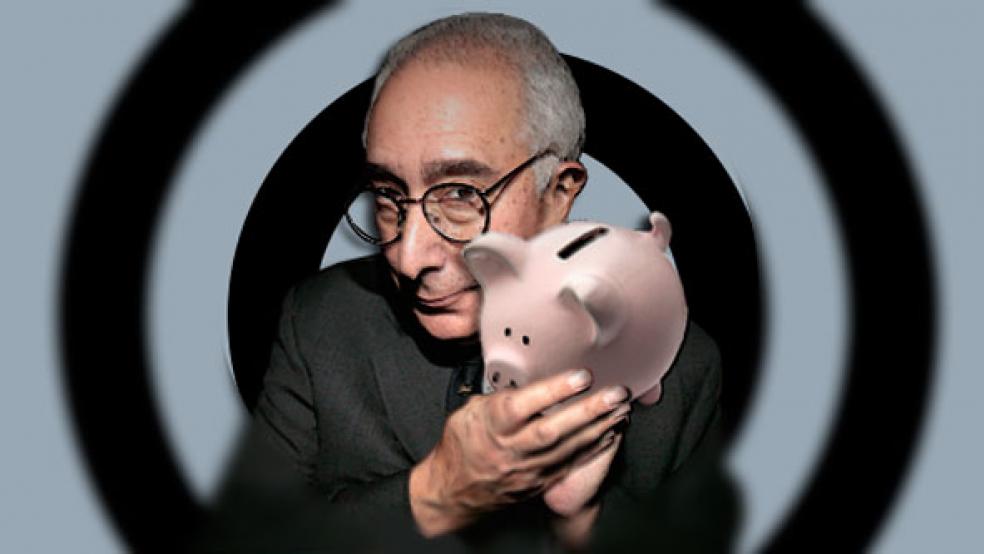From The Little Book of Bulletproof Investing by Ben Stein and Phil DeMuth.
Do you enjoy worrying about money? Lying in bed in the middle of the night, listening to the faucet drip, wondering where the money will come from to pay that big tax bill, cover that tuition check, meet that mortgage payment, keep American Express at bay? It seems like we spend an inordinate amount of time dwelling on such matters, when our minds should be devoted to philosophy and the fine arts.
Creating a low-profile, low-maintenance, low-overhead lifestyle is the key to getting a refreshing night’s sleep. Yes, even in a crazy, gotta-have-a-gimmick world turbocharged by credit cards, you should not spend every dollar that comes your way. Charles Dickens expressed it succinctly in David Copperfield: “Annual income twenty pounds, annual expenditure nineteen and six, result happiness. Annual income twenty pounds, annual expenditure twenty pounds and six, result misery.”
This is a fundamental difference between people, and it becomes obvious who is whom once a recession hits. Those who live below their means continue with their lives. Those who don’t have to dissolve their lives in order to pay back creditors.
Warren Buffett still lives in the same stucco house he bought in 1957 for $31,500. His sidekick, Charlie Munger, didn’t splurge by buying a new car until he was in his fifties, by which time he was a billionaire. Note that the amount of money you save by buying a reliable used car and keeping it for a long time versus continuously leasing the latest model will be enough to pay for a new kidney when you need one.
Yes, something odd has happened during our lifetimes. There has been a subtle shift in public opinion. In the postwar era, a person was not what he or she owned. Some people were rich and others were poor and many others were in-between, but a person’s worth was not measured by the sum total of his or her possessions. Madison Avenue has changed this.
Now it feels necessary to own the latest and most expensive everything. Otherwise, we are life’s losers. Even middle-class people today have anxieties that they don’t live like movie stars. All this is false. You are not what you own—which in the end is mostly a bunch of junk—and neither is anyone else.
If we are prudent, we will not take all the money we earn today and spend it on our present selves. We have to forgo owning many things we would like—toys, cars, vacations, furniture, art, jewelry, clothes—and save the money instead for our future old, frail, and ill selves. If you are like most Americans, it will scarcely be possible for you to save enough.
This points to the need for a financial plan to guide your journey. Without one, you will be adrift at sea.
If you just look at how much you have left over at the end of every month, you will probably never save anything. The only thing that seems to work for most people is to automate the savings process. For example, this happens when the bank directly deducts our mortgage payment and when we fund our 401(k) plans from our paycheck. What we should add to this is an automatic monthly transfer into a brokerage account, where the money will be used to buy (at no commission) some index mutual funds from their lineup.
If we don’t make saving a high priority, the likelihood is that it will never happen.
Excerpted with permission of the publisher John Wiley & Sons, Inc., from The Little Book of Bulletproof Investing by Ben Stein and Phil DeMuth. Copyright © 2010 by Ben Stein and Phil DeMuth.




